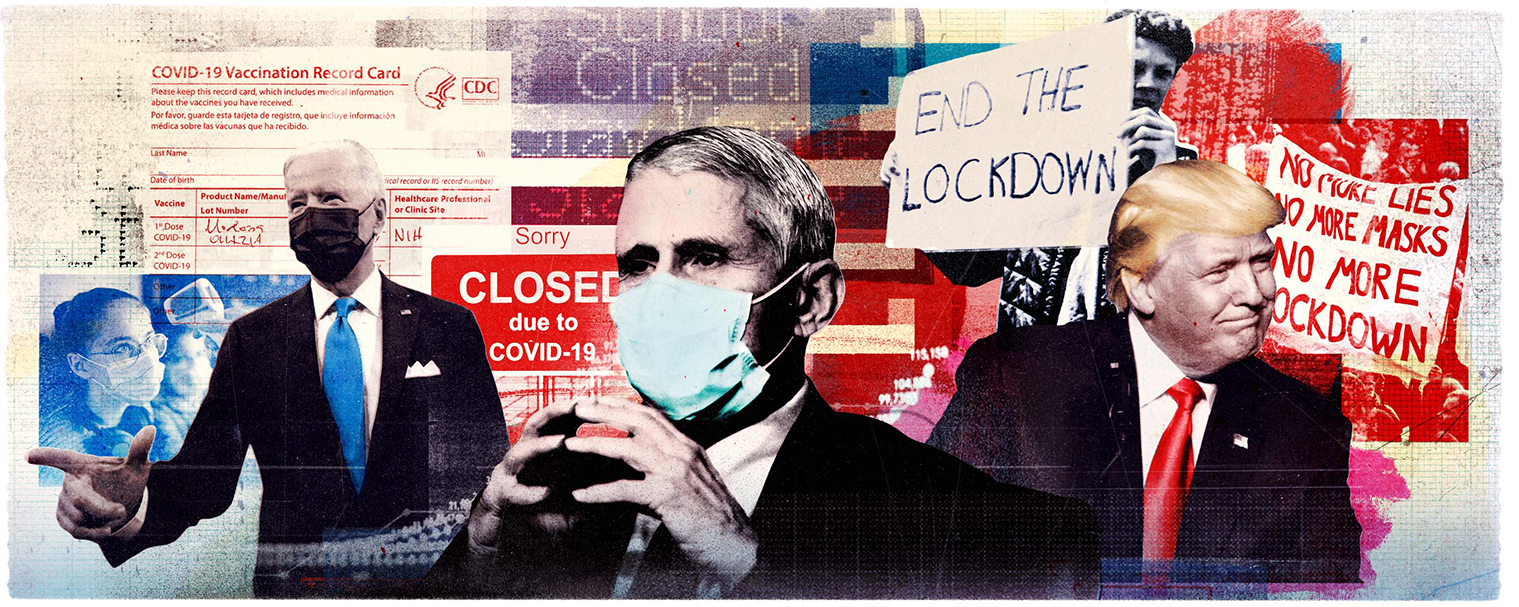

As the world closes out the second year of the pandemic with no definite end in sight, American political life has become bitterly divided over questions of emergency governance. Critiques of the global pandemic response, of the powers political leaders have gained, and of the culture’s emergency mindset are now widespread, especially among conservatives, populists, and post-liberals. Many observers see overreach, peril, or tyranny.
Giorgio Agamben, an Italian political theorist whose ideas have become influential on the right during Covid, describes the crisis as a “permanent state of exception” — meaning a suspension of the normal limits on political power. He warns of “the state of fear that in recent years has evidently spread among individual consciences and that translates into an authentic need for situations of collective panic for which the epidemic provides once again the ideal pretext.” Similar lines of argument speak of a “medicalized state,” “biopolitics,” a “new forever war,” the reduction of living to mere biological life, and a pathological fear of the inevitable fact of human mortality.
The New Atlantis has commissioned a symposium of short essays on the insights of and problems with this roughly connected body of critique. With these pieces, we seek answers to several questions: Does the “state of exception” theory object specifically to the excesses of a crisis response, or rather to the very concept of emergency governance? In the American tradition, what is the difference between a proportionate emergency response and an illegitimate extension of crisis powers? What alternate approaches to pandemic governance can we imagine that would better balance these concerns?
In producing this symposium, we are particularly keen to push critics of the pandemic response from a mode of opposition into one of prospective leadership, to offer positive alternative ideas for governing during a public health crisis. Thus the title “Beyond the State of Exception” points beyond both the actual era of emergency governance and the limits of the critique, and toward an authentically American model for crisis governance done well.
Nimbleness, not collectivism, explains Asian democracies’ success.
When disease floats, we can no longer hide — but we can weaken the threat.
What we really need experts to be in a health crisis
Protecting Americans requires new public investment in our medical infrastructure.